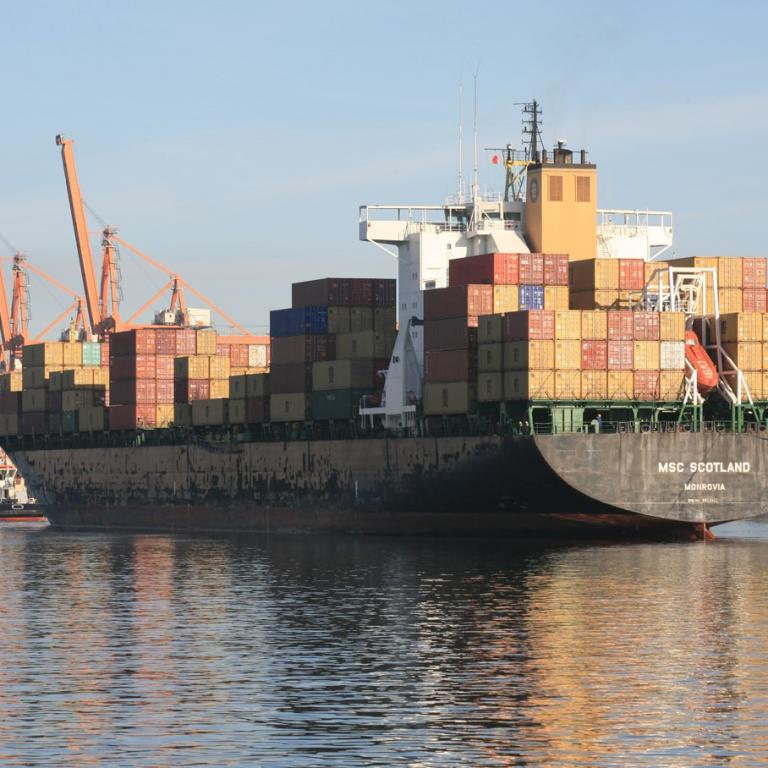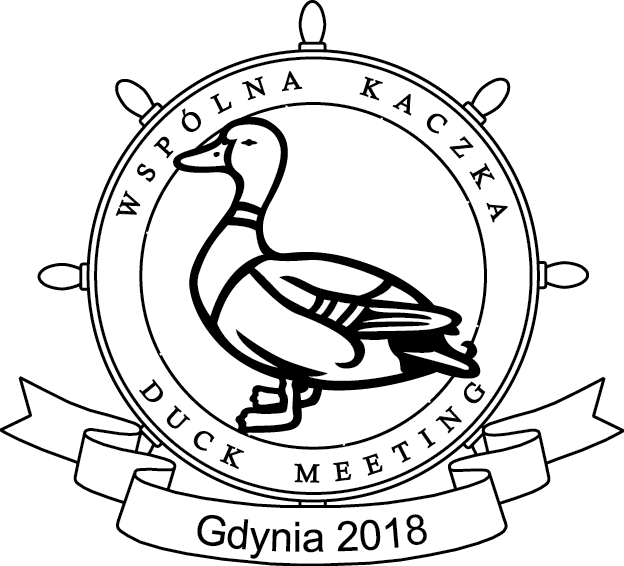
2017-09-05
Competitiveness under question
As is public knowledge, the European Community is based on four principles called freedoms - free flow of goods, people, services and capital. Whereas, in recent years attempts to limit them has been made. As a matter of fact it is difficult to even call them attempts because they are already legal facts having a significant influence on functioning of the EU economy. By reference only to transport, such limitations are acts on minimum pay implemented in Germany (so-called Milog) and France (so-called Loi Macron). Similar provisions have been introduced in Italy too, whereas the Benelux countries are preparing themselves for the same step.
Also the so-called road alliance of 8 countries from the “old” EU (Belgium, Luxembourg, France, Austria, Germany, Denmark, Sweden, Italy) and Norway, concluded on 31 January this year in Paris, is the confirmation of this thesis. Declaration of all signatories of this agreement referred to such issues as: social rights of transport staff members (mainly of drivers), safety of transport and its staff members, social dumping allegedly applied by countries other than the EU countries gathered in Paris, protection of drivers working time and similar issues which, being considered separately, are extremely significant and there is nobody that would state that safety of drivers and protection of their working time do not deserve attention.
However, the problem is that according to both transport practitioners and people of science and politics, the Paris Declaration is the continuation of an action initiated by the acts on minimum pay, addressed against carriers from countries of the “new” EU, including from Poland. This action aims, in all probability, at trying to considerably reduce competitiveness of companies from countries of East-Central Europe and ipso facto at limiting their presence on the market. A postulate included in the declaration according to which drivers would be obliged to spend 45 hours within resting in countries of residence can be given as an example. For Polish drivers who will be faced with this obligation e.g. in France, this postulate is unreal. Therefore, it is perceived as evidently discriminating.
There is no doubt that international road transport in Poland has been developed in the last dozen or so years in an admirable manner. In our country, several dozen thousand companies of different size operate, dealing with international transport, which, thanks to high efficiency and involvement as well as relatively lower remunerations of staff members, have contributed to very large competitiveness of Polish carriers on the European market. It is no coincidence that e.g. the association of German forwarders from the beginning has opposed introduction of minimum pay in Germany knowing that this will be contrary to the interests of German forwarders who, while commissioning transport to Polish carriers, can offer competitive prices.
One of the panels at the Maritime Economy Forum Gdynia 2017 will be dedicated to logistics.
Article developed in cooperation with "Namiary na Morze i Handel" magazine.
phot. Tadeusz Urbaniak/ZMPG-a S.A


